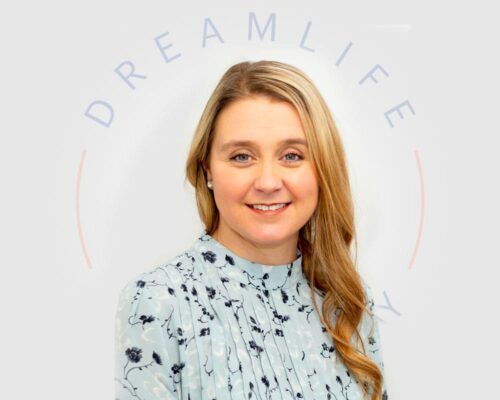When DBT was first developed, it was used to treat patients with suicidal thoughts and borderline personality disorder. Since its development, it has been adapted to treat people with substance abuse disorders and co-occurring mental disorders at DBT inpatient treatment centers and outpatient therapy. To learn more about the development of DBT and how it is used to treat co-occurring disorders, click here.
Specific behaviors are targeted for those receiving treatment for substance abuse. These include:
- Reducing abuse of substances
- Easing any withdrawal symptoms causing physical discomfort
- Reducing cravings and temptations
- Avoiding triggers that have led to abuse in the past
- Reinforcing healthy behaviors and building a community of support
DBT brings together the opposing forces of abstinence and acceptance of relapse. Abstinence from all drug and alcohol use is enforced by asking clients to take a pledge to stop using. Instead of asking for a pledge of never using again, the client is asked to make a goal that feels attainable for them. They can pledge to go a day without abusing, and then make longer commitments as their journey of sobriety continues. DBT also teaches that if a relapse should occur, the client can still reach their goals of acceptance and sobriety. The relapse is viewed as a problem to solve instead of failure, allowing the client to accept themselves and the mistakes they have made. This acceptance then allows them to find ways to avoid making the same negative choices in the future.
DBT focuses on setting attainable goals, one step at a time, for the client to achieve. DBT is used with a combination of other treatment methods to help the person achieve their goals of a successful life in sobriety. Skills are developed that allow the person to replace negative behaviors with positive ones and find better and healthier ways to cope with any issues they may face.










